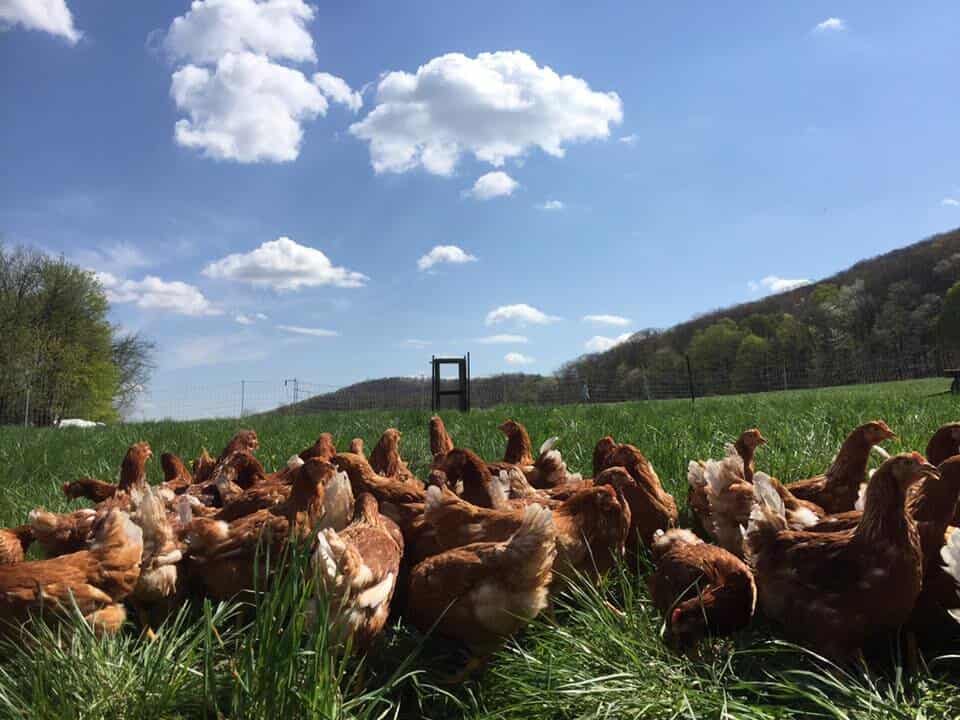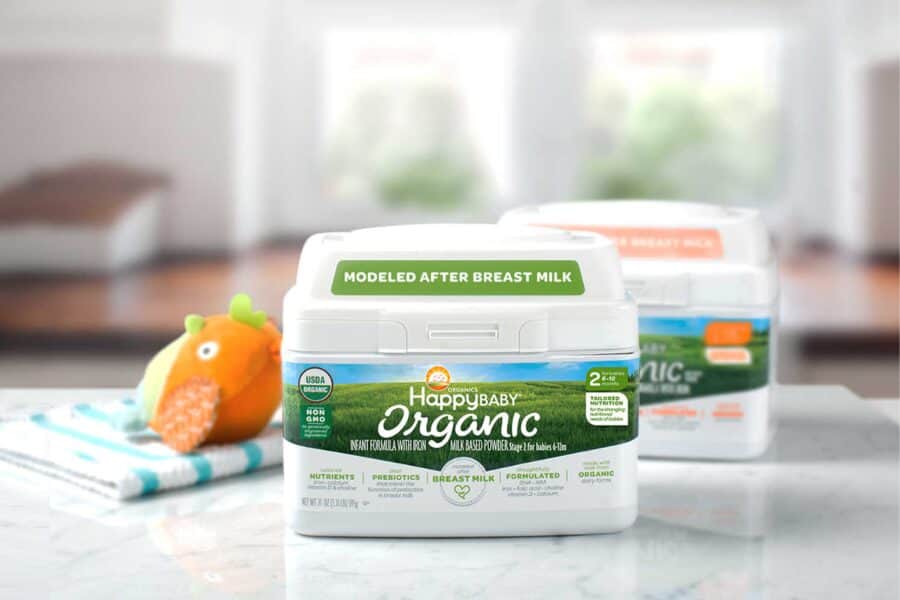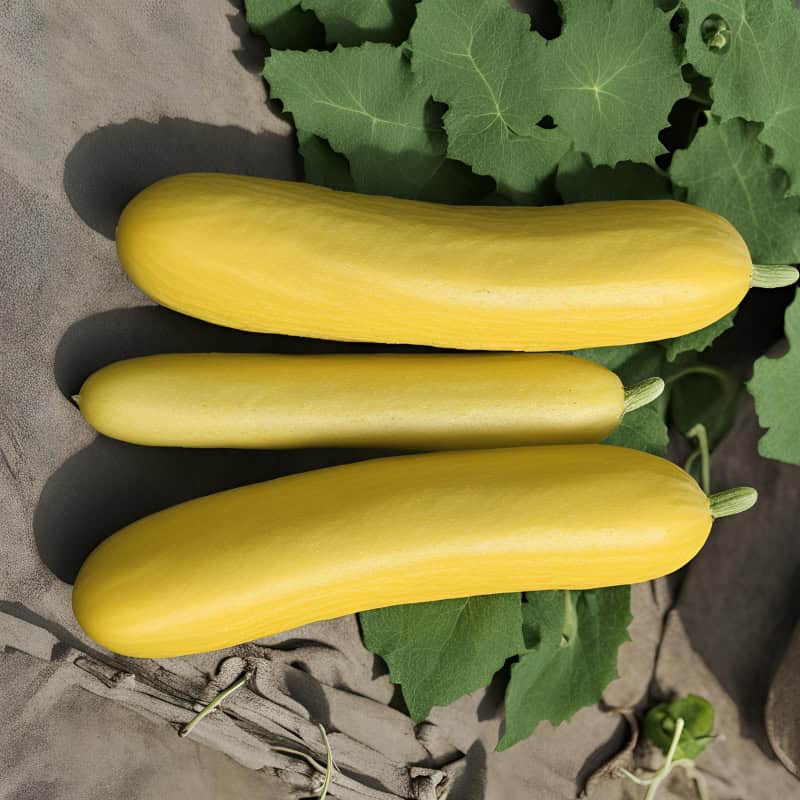In today’s world, where sustainability and ethical choices are more important than ever, the debate between free-range and pasture-raised eggs takes centre stage for eco-conscious consumers. Understanding the nuances of these options can help you make choices that align with your values of sustainable living, animal welfare, and environmental stewardship.
Making eco-friendly and ethical choices in our daily lives, especially in what we eat, has a profound impact on our planet and its inhabitants. Eggs, a staple in many diets, are at the forefront of this discussion. The terms “free range” and “pasture raised” often appear on egg cartons, but what do they really mean, and how do they affect our environment and health?
What are free-range eggs?
Free-range eggs are produced by hens that are granted outdoor access instead of being confined within cages. This approach to egg production is designed to allow hens to exhibit natural behaviors, such as walking, spreading their wings, and dust bathing, which are essential for their well-being. The concept of “free range” might conjure images of hens frolicking in vast, open fields, but the reality can be quite different. The specifics of “outdoor access” under the free range label can vary significantly from one farm to another. This variability can lead to a wide range of living conditions for the hens, from expansive, verdant pastures to small, bare paddocks.

Benefits and Drawbacks
The primary benefit of free-range farming is the improved quality of life it offers hens. By allowing them to engage in natural behaviors, free-range systems can lead to healthier and happier birds. This, in turn, can result in eggs that are of higher quality, both in terms of nutritional content and taste. Consumers who opt for free-range eggs often do so not only for the perceived health benefits but also to support more humane farming practices.
However, the term “free range” is not without its drawbacks. The lack of strict regulations regarding what constitutes “outdoor access” means that the term can be applied to a wide range of conditions, some of which may offer minimal improvement over conventional cage systems. This ambiguity can make it challenging for consumers to know exactly what they are supporting when they purchase free-range eggs. In some cases, the outdoor access provided to the hens is so limited that it does little to enhance their welfare or the quality of the eggs.
Do read: 6 Reasons You Should Be Buying Free-Range Eggs
What are pasture-raised eggs?
Pasture-raised eggs are laid by hens that have free roam of a pasture, where they can forage for natural vegetation and insects. This method of egg production is often viewed as the gold standard in terms of animal welfare and environmental sustainability. Unlike free-range systems, where the quality and quantity of outdoor access can vary, pasture-raised systems require that hens have access to well-managed, vegetated outdoor areas for the majority of their lives.

Environmental and Health Benefits
The benefits of pasture-raised eggs extend far beyond the welfare of the hens. From an environmental perspective, pasture-raised systems can significantly reduce the need for chemical inputs, such as fertilizers and pesticides, that are commonly used in more intensive farming operations. The hens contribute to the health of the land through natural behaviors such as scratching and pecking, which help to aerate the soil and control pests. Their manure serves as a natural fertilizer, enriching the soil without the need for synthetic alternatives.
From a nutritional standpoint, pasture raised eggs are often superior to their conventional counterparts. The hens’ diverse diet, which includes a variety of grasses, herbs, and insects, leads to eggs with higher levels of omega-3 fatty acids, vitamins, and minerals. These nutritional benefits make pasture raised eggs a healthier choice for consumers, offering a richer profile of essential nutrients.
Comparison: Free Range vs. Pasture Raised eggs
While both offer hens a reprieve from cramped cages, pasture-raised reigns supreme in terms of living conditions. Imagine hens frolicking in 108 square feet of grassy paradise, feasting on bugs and greens, compared to free-range hens with limited access to a potentially barren patch. This translates to potential nutritional perks like higher omega-3s and vitamin D in pasture-raised eggs. Sure, they cost a bit more, but consider it an investment in animal welfare and potentially your well-being. So, if budget allows and ethical sourcing matters, pasture-raised might just crack the code for a guilt-free and potentially more nutritious breakfast.
Egg Label Decoding: Understanding the Terminology
Navigating egg labels can be confusing, with terms like “organic,” “cage-free,” and “pasture raised” often used interchangeably. Understanding these terms is crucial for making informed choices. For example, “organic” refers to feed and farming practices, while “cage-free” simply means hens aren’t kept in cages but doesn’t guarantee outdoor access.
Know more about Vegan Eggs
Making an Informed Choice: Considerations for Egg Purchasing
To make eco-friendly and ethical egg choices, consider looking for certifications that guarantee higher welfare standards, such as the American Humane Certified program. Supporting local farmers and farmers’ markets can also ensure that you’re buying eggs from sources that prioritize animal welfare and environmental sustainability.
Also read: Green Labelling: Empowering Consumers for Sustainable Choices
Conclusion
The choice between free-range and pasture-raised eggs is more than just a matter of personal preference; it’s a decision that impacts our health, animal welfare, and the environment. By understanding the differences and making informed choices, we can support more sustainable and ethical farming practices.
Frequently Asked Questions (FAQs)
Q: What are the health benefits of free-range and pasture-raised eggs?
Free-range and pasture-raised eggs often contain higher levels of omega-3 fatty acids, vitamin E, and beta-carotene, contributing to a healthier diet.
Q: How can I ensure the eggs I buy are truly free-range or pasture-raised?
Look for reputable certifications and consider buying from local farmers or markets where you can ask about farming practices directly.
Q: Are free range and pasture-raised eggs more expensive than conventional eggs?
Yes, generally due to the higher costs of more humane and sustainable farming practices.
Q: Are there any regulations or certifications for free-range and pasture-raised eggs?
Yes, there are certifications such as American Humane Certified that ensure higher standards of animal welfare and environmental practices.
Staying aware of choosing eggs ethically could promote sustainability in our everyday lives. This article was a walkthrough of the eco-friendly egg debate and for more such content, do flip through our blog.















